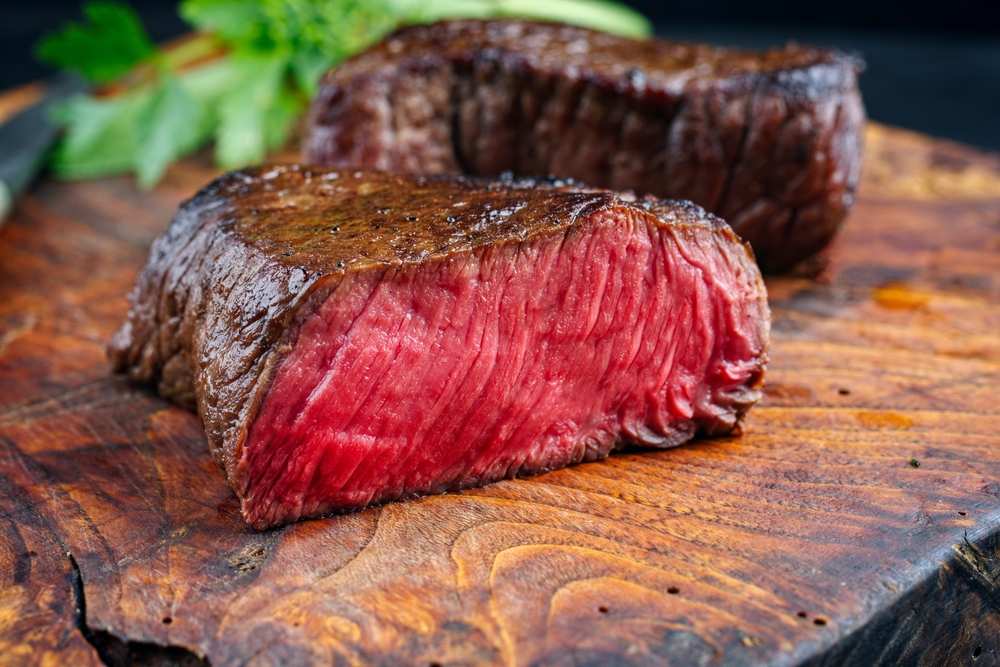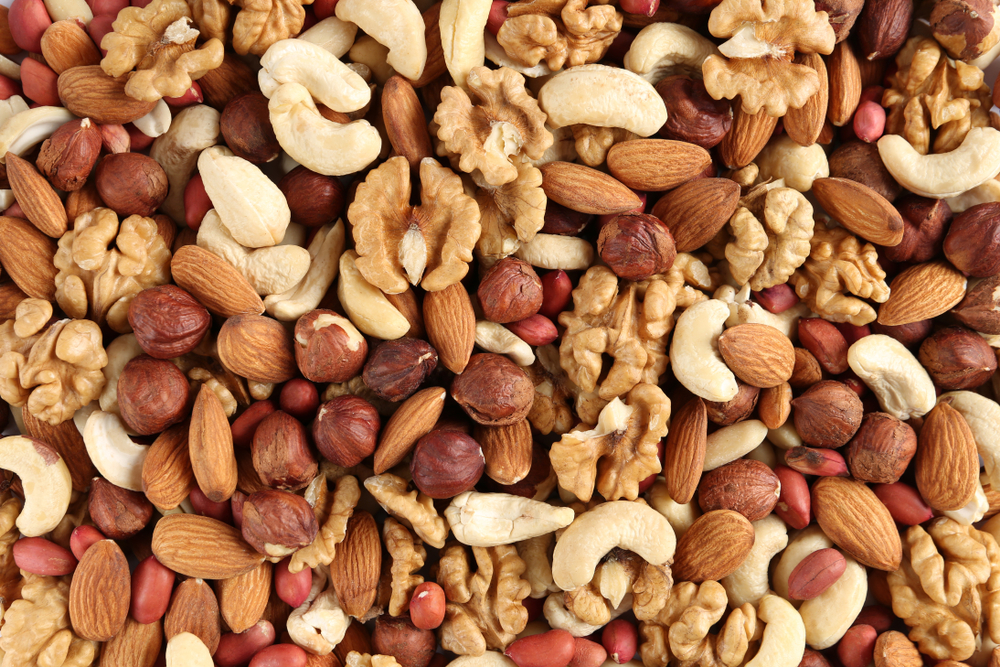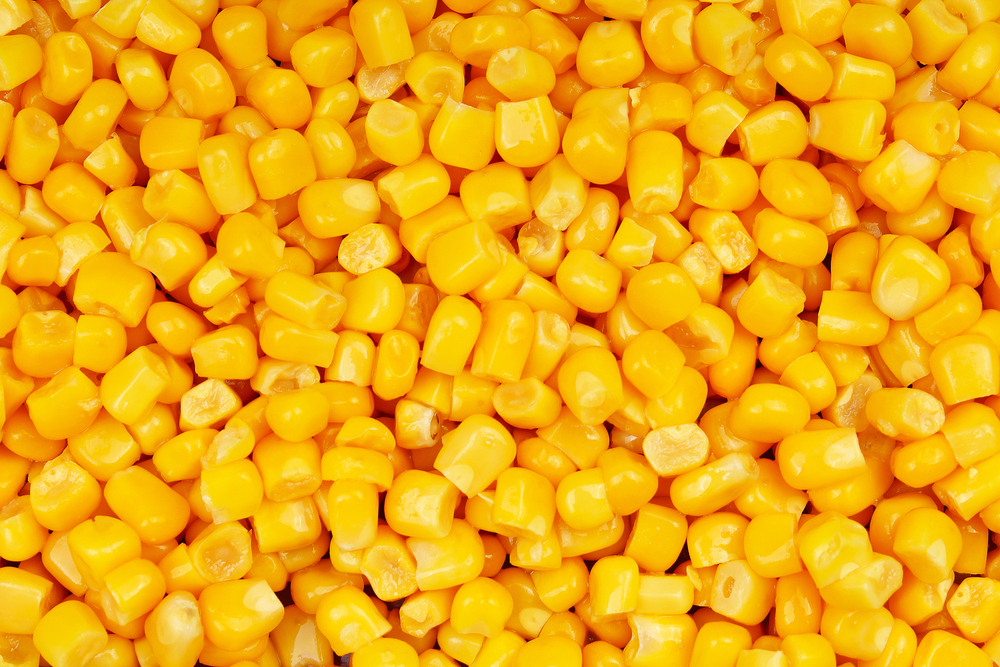Have you ever wondered how long your food actually stays in your body?
Others are reading now
Certain foods spend more time in the digestive system due to their composition, fiber content, fat levels, and how easily the body can break them down.
Fatty Foods

Also read
-
Foods high in fat take longer to digest.
-
Examples: cheese, butter, fatty meats
-
Fat slows down stomach emptying and can remain in the system for several days.
Red Meat

-
Red meats like beef and lamb are rich in both protein and fat.
-
Require significant energy to break down
-
Can stay in the body for up to 2–3 days, depending on portion size and preparation
Refined Foods

-
Processed foods with low fiber content move more slowly through the intestines.
-
Examples: white bread, pastries, fast food
-
Can contribute to constipation and extended retention in the body
Dairy Products

-
Some people struggle to digest lactose.
-
May cause bloating and slower digestion
-
Products like cream and hard cheeses can stay in the body longer
Nuts and Seeds

-
Rich in healthy fats and fiber, but also hard to break down.
-
May remain in the system longer than many other snacks
-
Chewing and portion size affect digestion time
Fiber and Digestion Time

-
Foods containing insoluble fiber, like corn, pass slowly.
-
Grain husks and indigestible plant fibers can be visible in stool days after eating
-
High-fiber foods can both speed up or slow down digestion depending on the type of fiber


